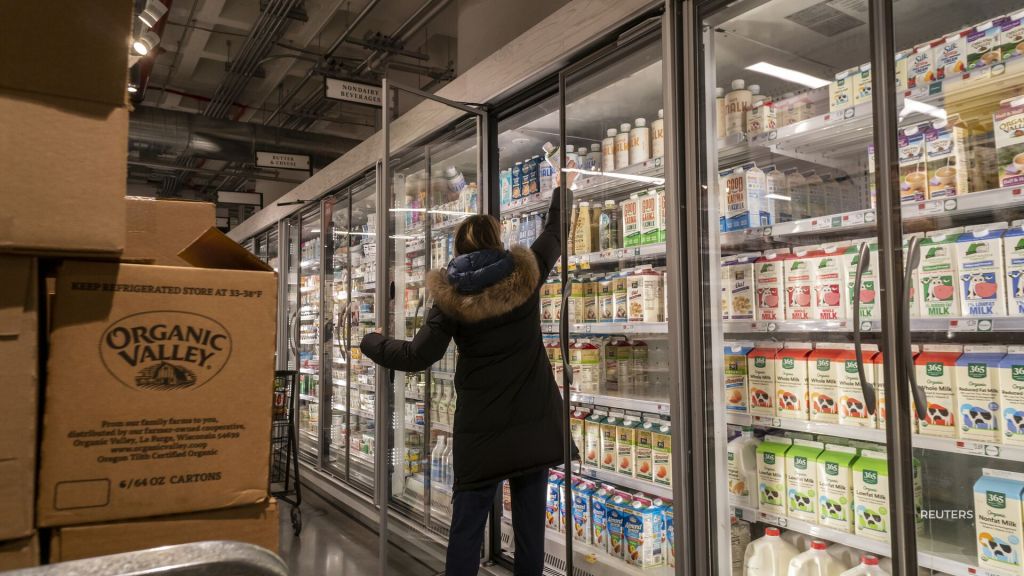Food prices jumped nearly 13% in March to a record high as the war in Ukraine caused turmoil in markets for commodities like grains and vegetable oil. The “massive supply disruptions” it is causing threaten millions of people in Africa, the Middle East, and elsewhere with hunger and malnourishment, the United Nations said Friday.
The U.N. Food and Agriculture Organization (FAO) said its Food Price Index, which tracks monthly changes in international prices for a basket of commodities, averaged 159.3 points last month, up 12.6% from February. As it is, the February index sat at the highest level since its inception in 1990.
Russia and Ukraine are major exporters of wheat, corn, barley and sunflower oil via the Black Sea, and Moscow’s six-week-old invasion of its neighbor has stalled exports. Disruption to supplies of crops from the Black Sea region has exacerbated price rises in food commodities, which were already running at 10-year highs in the FAO’s index before the war in Ukraine due to global harvest issues.
Industry experts are watching other large grain producers, like the United States, Canada, France, Australia and Argentina, to see if they can quickly ramp up production to fill in the gaps. But farmers face challenges, like climbing fuel and fertilizer costs exacerbated by the war, drought and supply chain disruptions.
In the Sahel region of Central and West Africa, disruptions from the war have added to an already precarious food situation caused by COVID-19, conflicts, poor weather and other structural problems, said Sib Ollo, senior researcher for the World Food Program for West and Central Africa in Dakar, Senegal.
“There is a sharp deterioration of the food and nutrition security in the region,” he told reporters, saying 6 million children are malnourished and nearly 16 million people in urban areas are at risk of food insecurity.
Farmers, he said, were particularly worried that they would not be able to access fertilizers produced in the Black Sea region. Russia is a leading global exporter.
“The cost of fertilizers has increased by almost 30% in many places of this region due to the supply disruption that we see provoked by a crisis in Ukraine,” he said.
